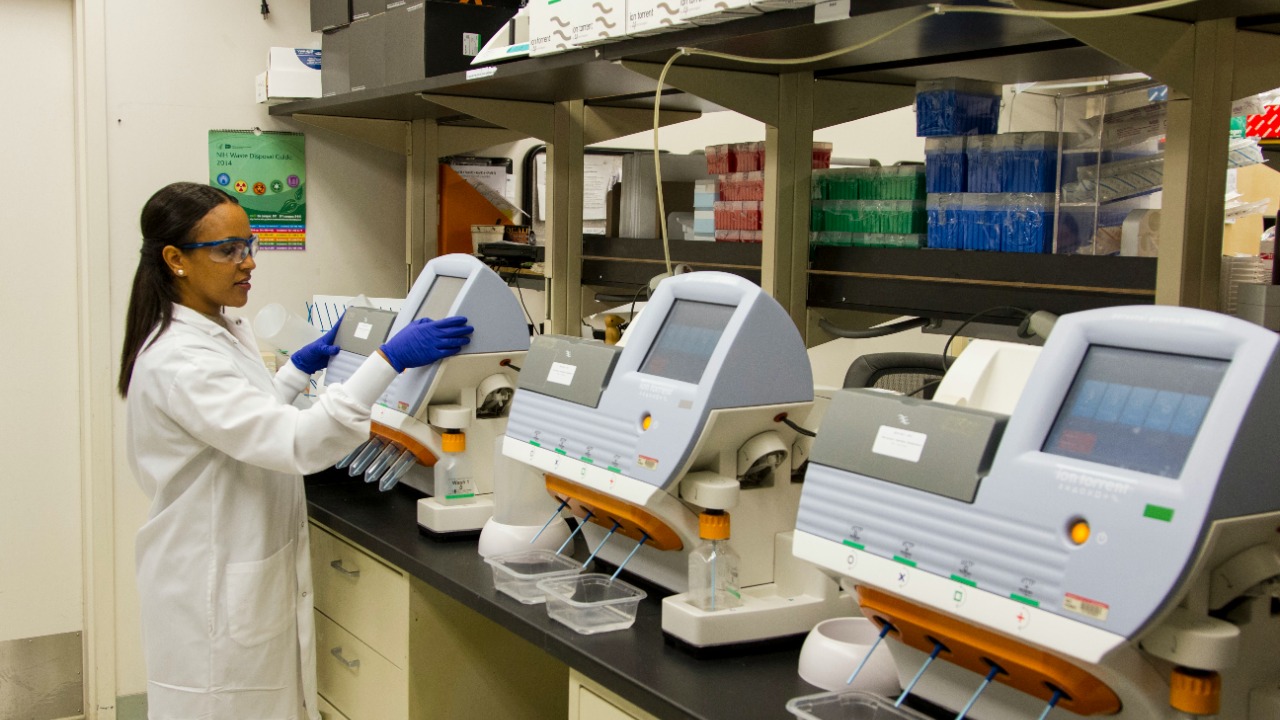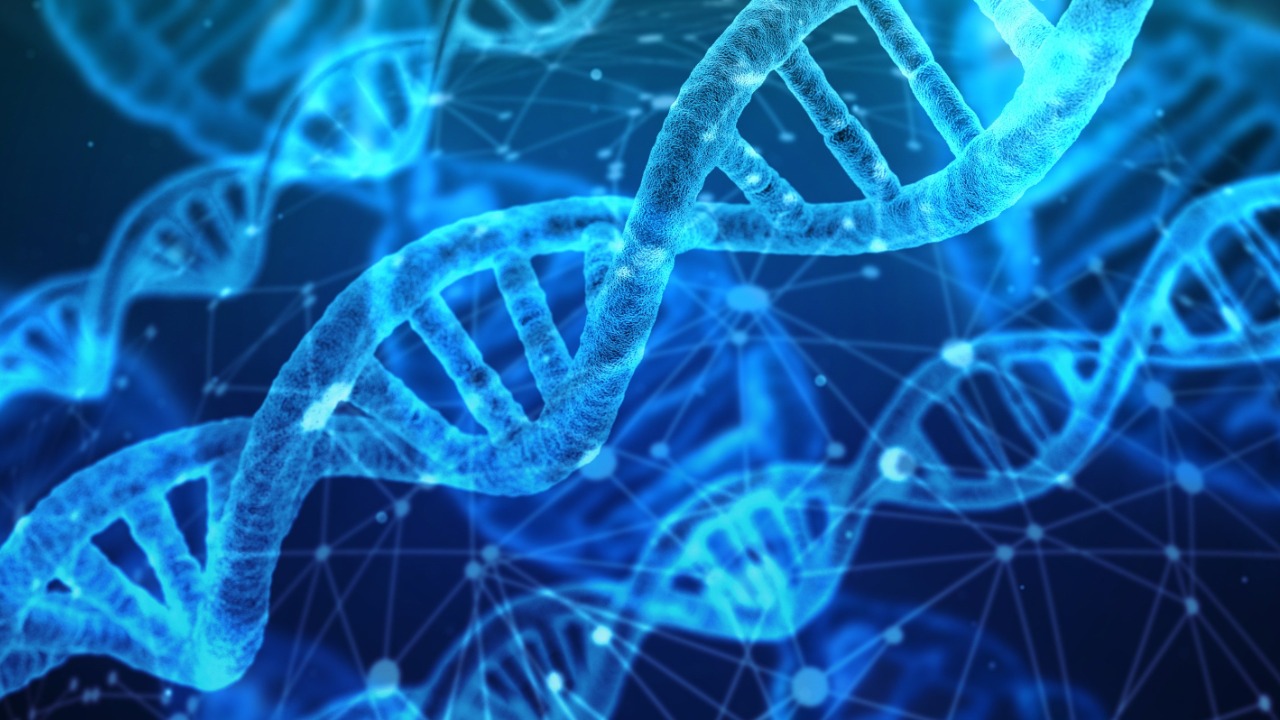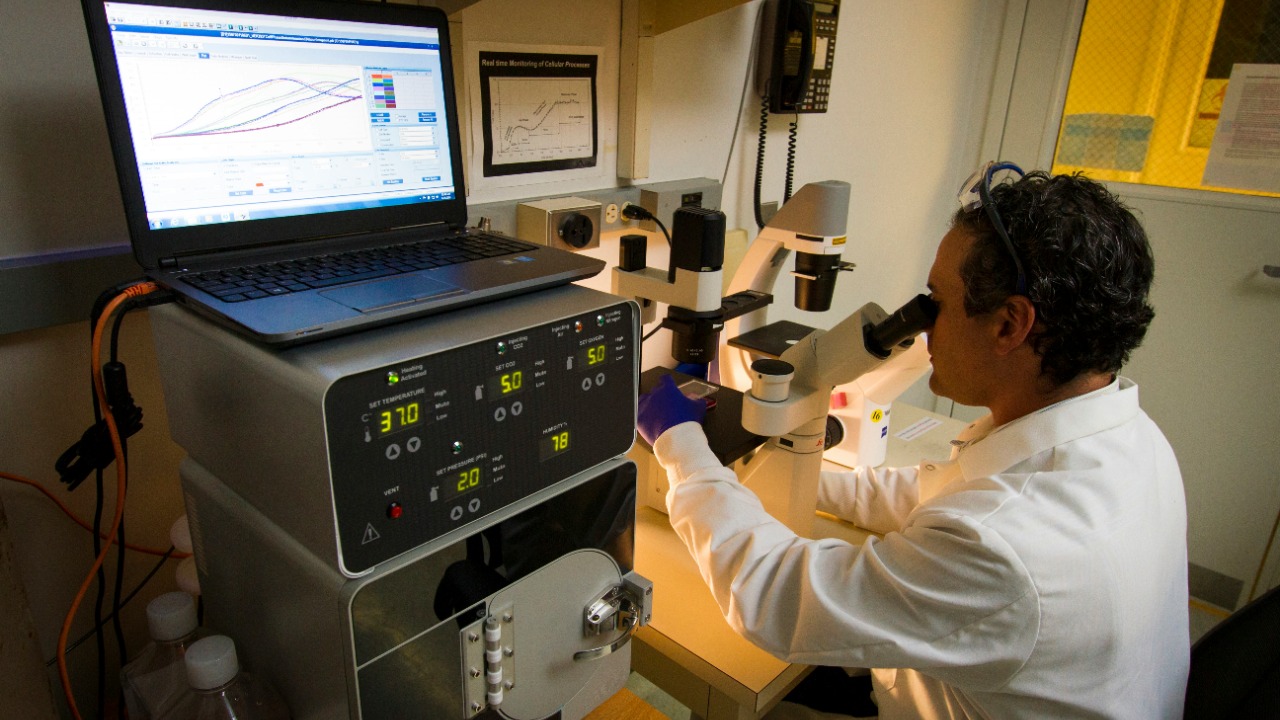
Recent advancements in DNA analysis have brought to light intriguing evidence that humans may have multiple, uncharted ancestors. This novel finding not only challenges the prevailing understanding of human evolution but also paints a more intricate picture of our own species, Homo Sapien.
The Role of DNA Analysis

For several decades, scientists have been using DNA analysis as a tool to study human evolution. This powerful technique allows researchers to trace genetic markers back through generations, illuminating the path of our ancestors and shedding light on the branches of the human family tree. Modern advancements in technology have significantly improved the accuracy of DNA analysis, making it possible to detect subtle genetic variations that were previously undetectable.
Despite these advancements, using DNA analysis to study human ancestry still poses significant challenges. The process involves deciphering complex genetic codes and interpreting vast amounts of data. The results can be influenced by multiple factors, including genetic mutations and gene flow from interbreeding. Moreover, the further back in time the analysis goes, the more difficult it becomes to draw accurate conclusions due to the degradation of DNA over time.
The Discovery of Unknown Human Ancestors

A recent study has uncovered evidence of unknown human ancestors within our genome. These ancestors are distinct from known archaic hominins like Neanderthals and Denisovans, suggesting that our lineage may be even more complex than previously thought. The study analyzed DNA from modern humans and found traces of genetic material that could not be matched to any known species, indicating the presence of previously unidentified ancestors.
This discovery has profound implications for our understanding of human evolution. It suggests that our species may have interbred with multiple hominin species, some of which have yet to be discovered. It also raises the possibility that the genetic diversity of modern humans is greater than previously thought, potentially offering new insights into human health and disease.
Artificial Intelligence and Genome Study

The study utilized artificial intelligence (AI) to identify the genetic signatures of these unknown ancestors. AI algorithms were used to sift through vast amounts of genetic data, identifying patterns that human analysts might miss. The use of AI in this context is part of a growing trend in genetic research, where machine learning and other AI technologies are being used to analyze complex genetic data more efficiently and accurately.
Artificial intelligence holds great promise for further discoveries in genome study. Its ability to analyze large datasets and identify complex patterns can potentially uncover further secrets in our genome. In fact, AI has been instrumental in the discovery of unknown human ancestor species, opening new avenues for understanding our evolutionary history.
Implications for Anthropology and Evolutionary Biology

The discovery of unknown human ancestors has significant implications for anthropology and evolutionary biology. It challenges traditional views of human evolution, suggesting a more complex lineage than previously thought. As a result, it may necessitate a re-evaluation of current theories and models, leading to a more nuanced understanding of our species’ history.
The discovery also has the potential to change the way future studies on human evolution are conducted. Researchers may need to incorporate new methodologies and techniques to account for the possibility of multiple unknown ancestors. This could lead to the development of new theories and models, further advancing our understanding of human evolution.
Controversies and Debates in Human Ancestry Research

The discovery of unknown human ancestors has sparked debates and controversies within the scientific community. Some researchers question the accuracy of the methods used in the study, while others argue about the implications of the findings for our understanding of human evolution. These debates are not unusual in science, especially in a field as complex and nuanced as human ancestry research.
Previous controversies in human ancestry research have revolved around issues such as the role of Neanderthals in human evolution and the origins of modern humans. These debates were eventually resolved through further research and the development of new methodologies. Similarly, ongoing research and discussions will likely clarify the current debates and validate the findings of the recent study.
As we delve deeper into the mysteries of our genome, we continue to uncover surprising insights into our past. The discovery of unknown human ancestors highlights the complexity of human evolution and underscores the importance of continued research in this field. With the aid of advanced technologies like AI, we are likely to uncover even more secrets about our ancestors, further enriching our understanding of who we are and where we came from.